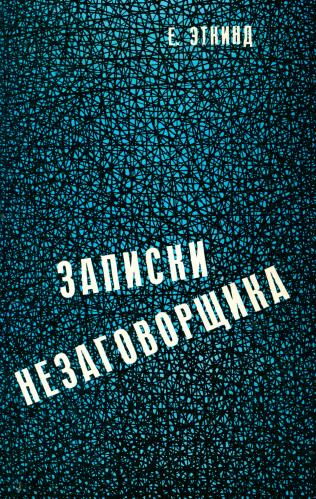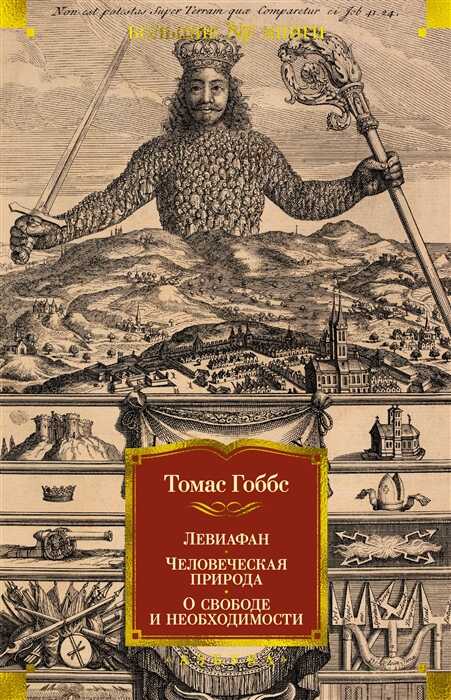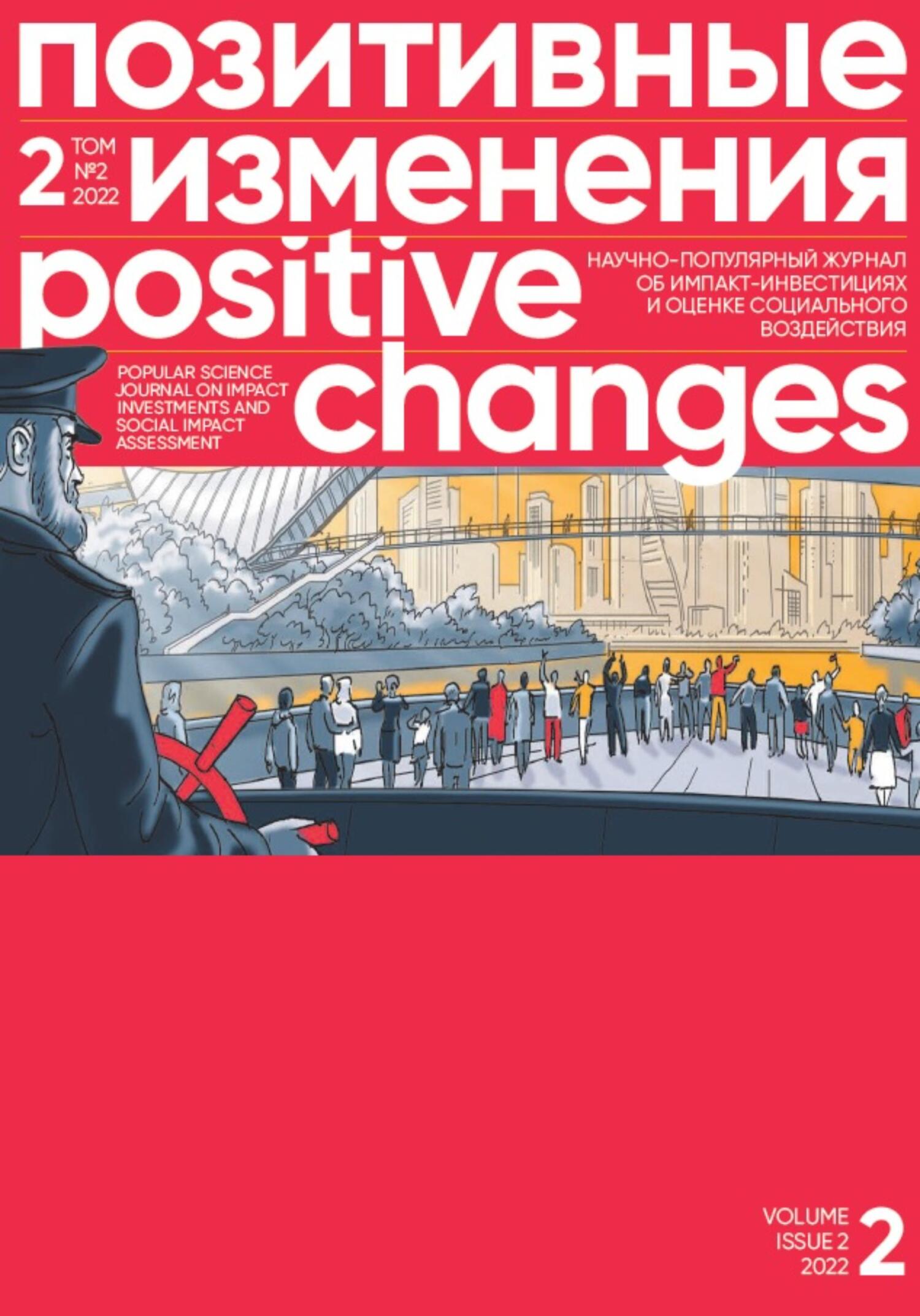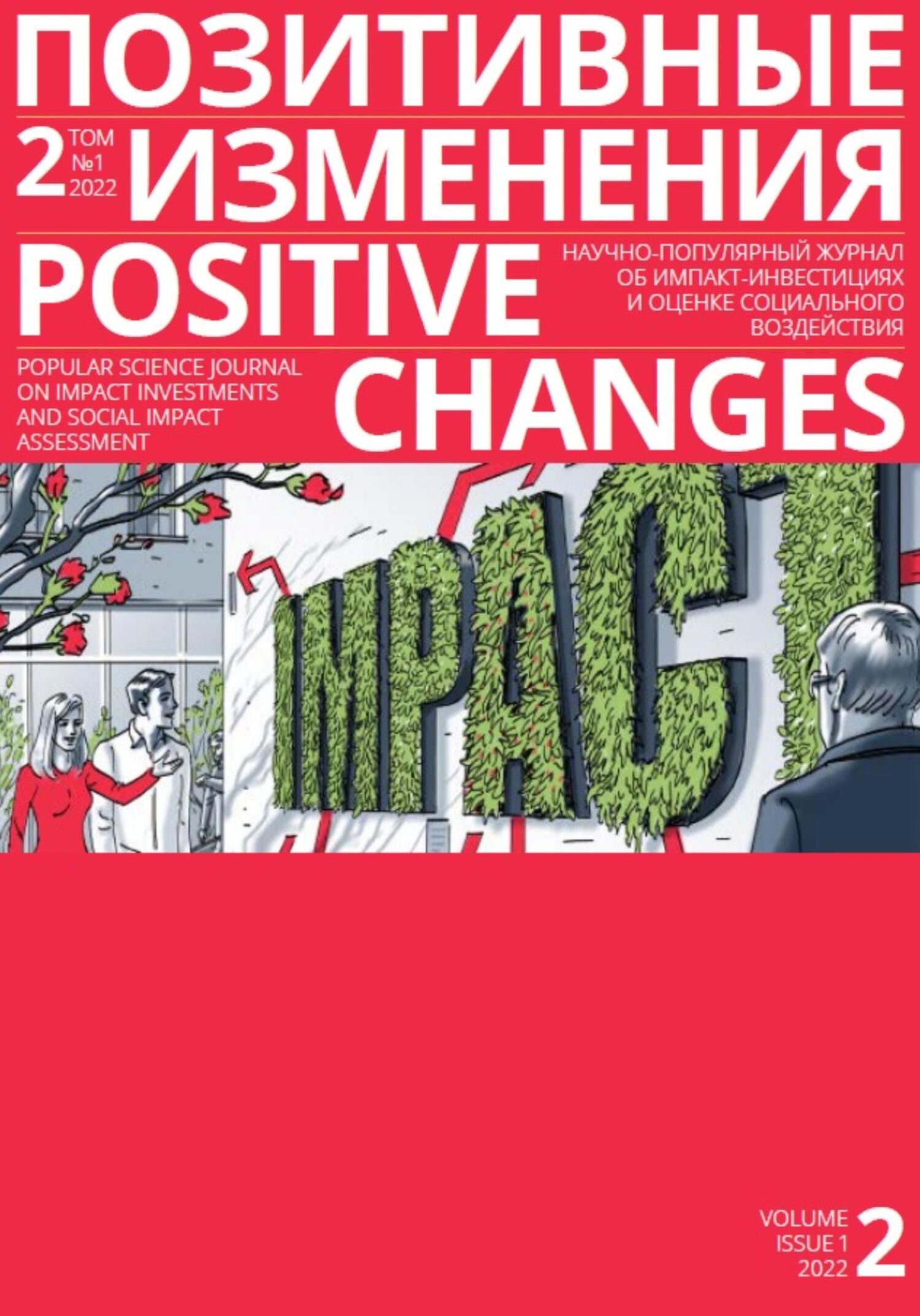Книга Человеческая природа в литературной утопии. «Мы» Замятина - Бретт Кук
На нашем литературном портале можно бесплатно читать книгу Человеческая природа в литературной утопии. «Мы» Замятина - Бретт Кук полная версия. Жанр: Книги / Разная литература. Онлайн библиотека дает возможность прочитать весь текст произведения на мобильном телефоне или десктопе даже без регистрации и СМС подтверждения на нашем сайте онлайн книг knizki.com.
Шрифт:
-
+
Интервал:
-
+
Закладка:
Сделать
Перейти на страницу:
Перейти на страницу:
Внимание!
Сайт сохраняет куки вашего браузера. Вы сможете в любой момент сделать закладку и продолжить прочтение книги «Человеческая природа в литературной утопии. «Мы» Замятина - Бретт Кук», после закрытия браузера.
Книги схожие с книгой «Человеческая природа в литературной утопии. «Мы» Замятина - Бретт Кук» от автора - Бретт Кук:
Комментарии и отзывы (0) к книге "Человеческая природа в литературной утопии. «Мы» Замятина - Бретт Кук"
























